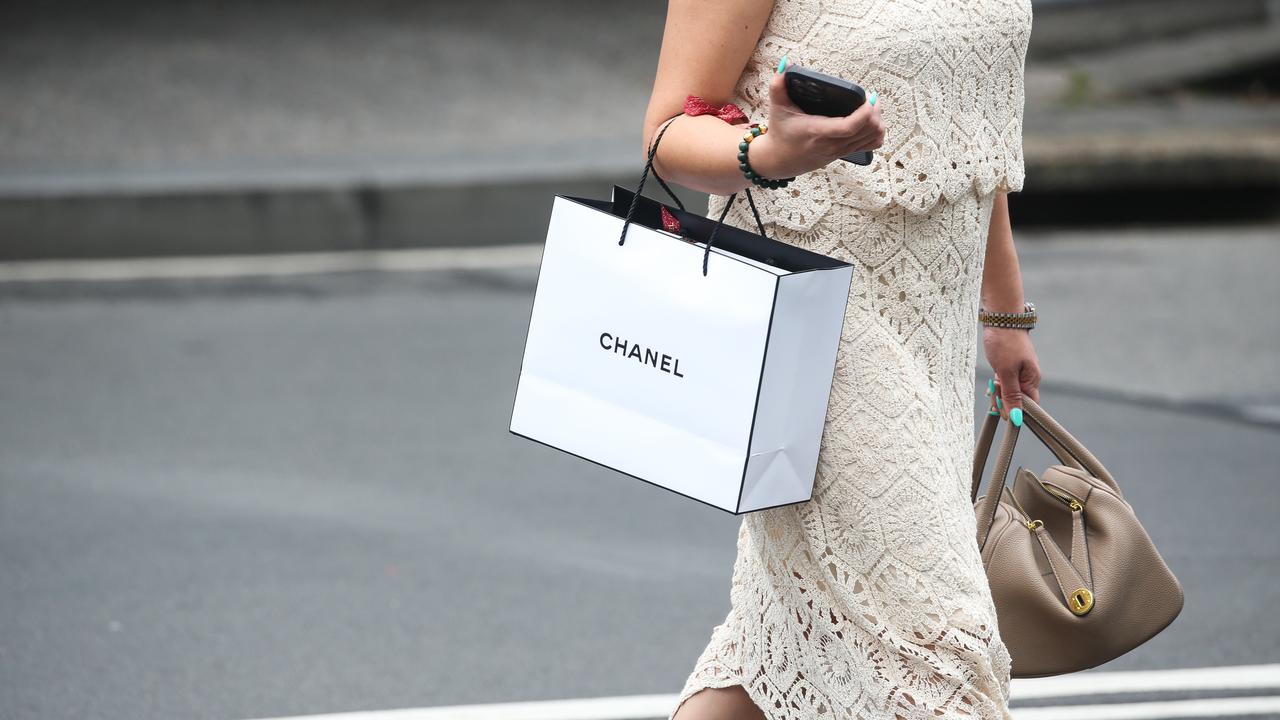Retail spending disappoints in January following steep December fall
After plunging in December, retail sales disappointed in January, falling well short of economists’ expectations.
Shoppers returned to stores in January to drive a rebound in retail spending but the rise failed to offset sharp losses during the usually popular December sales period.
Retail turnover rose 1.1 per cent over the month the Australian Bureau of Statistics reported on Thursday, falling short of economists’ expectations of a 1.5 per cent increase.
The smaller-than-anticipated increase failed to recoup a 2.1 per cent plunge recorded in December – a key spending period for the retail sector – as shoppers, weighed down by the cost of living crunch, shunned the Christmas and Boxing Day sales in favour of the earlier Black Friday discounting.
According to the seasonally adjusted data, shoppers spent an additional $375.5m in the first month of 2024, when compared to the month prior, however, this was still $388.9m short of November’s record high of $36.1bn.
The uptick in monthly retail turnover was broad based with shoppers spending more on clothing and footwear, up 2.4 per cent, household goods, up 2.3 per cent, in department stores, up 1.7 per cent and at cafes, restaurants and for takeout food, up 1.3 per cent.
However, the overall monthly result was dragged down by a slide in food retailing, the largest portion of spending, which sank 0.1 per cent.
On an annualised basis, retail sales were also 1.1 per cent higher – a near historic low and a particularly weak result given Australia’s soaring population growth.
Sean Langcake, Oxford Economics’ head of macroeconomics, said retail sales remained weak, with momentum in consumer spending to remain patchy through the rest of 2024.
“Consumers are feeling the pinch from higher rent and mortgage costs, while fast inflation is still taking a large bite out of real purchasing power,” Mr Wells said.
“There will be some relief later in the year as tax cuts come through and the RBA eases policy in Q4. But in the interim, spending growth will be modest.”

But NAB senior economist Taylor Nugent said the weakness in January’s result should not be overstated given that retail sales still remained 14 per cent above their pre-pandemic trend.
“Most of that is accounted for by higher prices, but overall retail spending still remains a little above a pandemic trend in inflation adjusted terms as well,” Mr Nugent said.
The retail result comes ahead of fresh GDP figures, scheduled for release next Wednesday, which are expected to show the Australian economy expanded by a sluggish 0.2 per cent in the December quarter.
Speaking at a meeting of G20 economic ministers overnight in Sao Paulo, Brazil, Treasurer Jim Chalmers said a soft landing – that is the deacceleration of inflation without triggering a recession – was not assured for the Australian economy.
“We expect growth in next week’s December National Accounts to be quite weak – the inevitable consequence of global uncertainty, higher interest rates, and cost of living pressures,” Dr Chalmers told his international counterparts.
Technical recessions in Japan and the United Kingdom, two of the world’s most advanced economies, have been confirmed in recent weeks.



